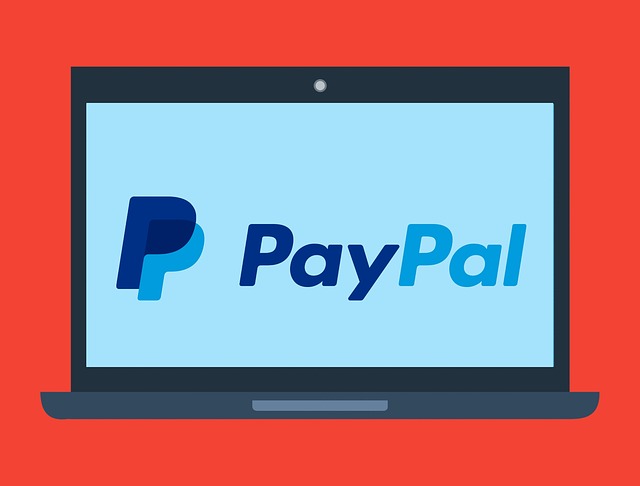
More than 192 million people worldwide use PayPal to buy and sell on the Internet. You know, the system is extremely handy if you’re one of them. But does it provide the same protection as banks?
The expert “Yes” is the solution. PayPal has been in the news for fraud and consumer protection for a number of times.
“I joined from a place where I don’t generally do business for the latest PayPal transaction,” says Robert Siciliano, CEO of IDTheftSecurity.com. “I was asked to get a mobile call and answer prompt. That was an additional level of security.” Banks typically haven’t taken these additional steps in the past, but some are starting to do so now, he says.
“PayPal covers customers when they do not receive an item or when the product is significantly different from what the merchant has explained,” says PayPal Technology Education Head Wendy Roberts. “PayPal clients are not responsible for false fees on their PayPal records.” But there is a downside to PayPal being the most recognizable online payment system in the world: it is also the largest destination.
“Phishers often take advantage of the brand name,” says John Breyault, vice president of public policy, telecommunications and fraud at the National Consumers League. Phishing is customary to use deception and/or malware to obtain usernames and passwords from clients in an attempt to enter their records.
Luckily, if you use PayPal, you can improve the safety of your sensitive transaction data by taking a few easy steps:
Five PayPal tips for buyers
Don’t connect your bank account or debit card to your PayPal account.
Why: Someone who gets illegal links to your PayPal account may also be able to get clean hands on your bank account. This happened to Dunn Pellier Media Public Relations CEO Nicole Dunn, who bought a $100 product. Soon after that, at a gas station, her debit card was rejected, even though she had just placed her paycheck. “It’s been one of those times of heart attack,” she says. “I stared at my bank account and overdrawn it by $3,000.” PayPal repaid the cash, but ended up crediting the wrong amount and then requested a $450 refund, Dunn claims. Knowledge has been enough of a trouble she’s now avoiding using PayPal.
Link your PayPal account to your credit card.
Why: If you purchase an item that doesn’t arrive or isn’t what you expected, PayPal will compensate you, and if you use your credit card to finance transactions with PayPal, you will receive an additional level of security, because you can also charge a fee through your credit card company. Keep in mind that you normally have up to 60 days from the date of purchase with credit card firms to contest fees for products that you have not approved or that have not been supplied as decided, while you have 180 days with PayPal.
Breyault suggests that you go directly to your credit card and simultaneously to PayPal as quickly as you can find a problem. “It never hurts to take advantage of a variety of options for dispute resolution,” he said.
Keep in mind that federal legislation enforces the protection of credit cards. If you are in conflict with your credit card issuer, PayPal will be asked to demonstrate the legitimacy of the operation. “If PayPal can’t prove it, it’s on the hook of the issuing bank,” says Breyault, stating that PayPal has an incentive to work with the issuer of the scheme so as not to work with external customers.
Never open a link to your PayPal email address.
Why: They may not be from PayPal. The most common method of stealing is to remove passwords by issuing “spoof” messages that pretend to originate from PayPal, but to link them to fake locations — full with the PayPal icon— where customers unwittingly enter their information. “Instead, go to your own PayPal database, sign in and search for any correspondence,” Sicilian says.
Keep your money in a sensible way.
Why: Thieves typically start filling an account with a sequence of tiny withdrawals— just as little as $5—in the hope that the customer will not be notified. “I had some transactions and there were some strange little transactions, about $5 or $10 every two or three days,” says Anissa Wardell, owner of The Publicists Assistant. “We’ve been witnessing it for four or five days, and it’s still going on, so I called PayPal.” It turned out that the transfers seemed to be going to a tiny UK retail store— where Wardell had never been. PayPal assisted Wardell to complete her excellent operations and close to the file, as well as to repay lost cash. “The PayPal officer has said that they generally bring smaller quantities, but then the hundreds will spiral,” she says.
PayPal insurance customers when they do not find an item or when it differs considerably from what the merchant has explained.
Buy from certified dealers and check with yourself.
Why: Virtually anyone with an email address can open a PayPal application, but PayPal will check for additional data from customers and retailers. While not ensuring the validity of someone, authentication provides proof of validity. You are being tested in the United States by completing two of these three activities: connecting PayPal to a bank account and confirming your account, offering your Social Security number, or checking your credit or debit card details.
While we recommend that you do not link to a bank account, it may be worse to provide your SSN. “That’s going to make me a little squeamish,” says Breyault, asking customers to provide their Social Security number. A thief may use your Social Security number to commit identity fraud against you, he said, saying that instead of providing that ultra-sensitive SSN, he would prefer a customer to connect to a bank account.
If you decide to connect to your PayPal address for verification, watch out for frequent email monitoring, says Breyault. “Monitoring your account allows you to flag and intervene on suspected payments,” he says.
Five PayPal tips for sellers:
Make sure that the buyers are not surprised.
Why: “PayPal applies to consumers when they don’t get an object, or when it is significantly different from what the merchant has explained,” says Roberts. This means that a disgruntled customer can often get a refund from PayPal, which will be withdrawn from the vendor’s registry. In order to prevent this from happening, Roberts recommends,’ In explaining the product you are buying, be obvious and comprehensive. Detail every fault or scratch. Provide loads of close-up photos.’ It also proposes that a follow-up notice be sent after purchase to ensure that the product arrives as expected.
Ship to confirmed addresses only— with tracking.
Why: PayPal will check the purchaser’s accounts either by checking that their credit card is being charged by the same email or by checking the record of their application. Shipping to a PayPal-confirmed address reduces your risk of buying stolen credit card items. In addition, Roberts only recommends shipping to accounts registered in the information section of your transaction.
Do not use shipping labels that are sent or e-mailed to you.
Why: “Some fraudsters are using this popular tactics,” says Roberts. “Ship using one of the main postal services and ensuring that an Internet tracking number or proof of shipment is obtained. Require signature confirmation for goods valued at more than $250.
Watch out for red flag transactions
Why: Some kinds of requests make you more likely to deal with a false customer.” Be aware of receiving quick delivery requests or receiving temporary deposits. Seller security also prevents sellers from entering into transactions that are false or unlawful.
Keep records of all sales and shipments
Why: PayPal allows customers to challenge 180-day payments, so keep documents after the purchase has been completed. PayPal provides a supplier protection policy for the shipping of physical products to consumers, Roberts says. To register, you need to send the payment information sheet to your e-mail address and respond quickly to paperwork requests. “This includes vendors when customers say that they have not received an object, and the vendor can prove that it has been delivered. Seller security also prevents vendors from transactions that are false or unlawful.

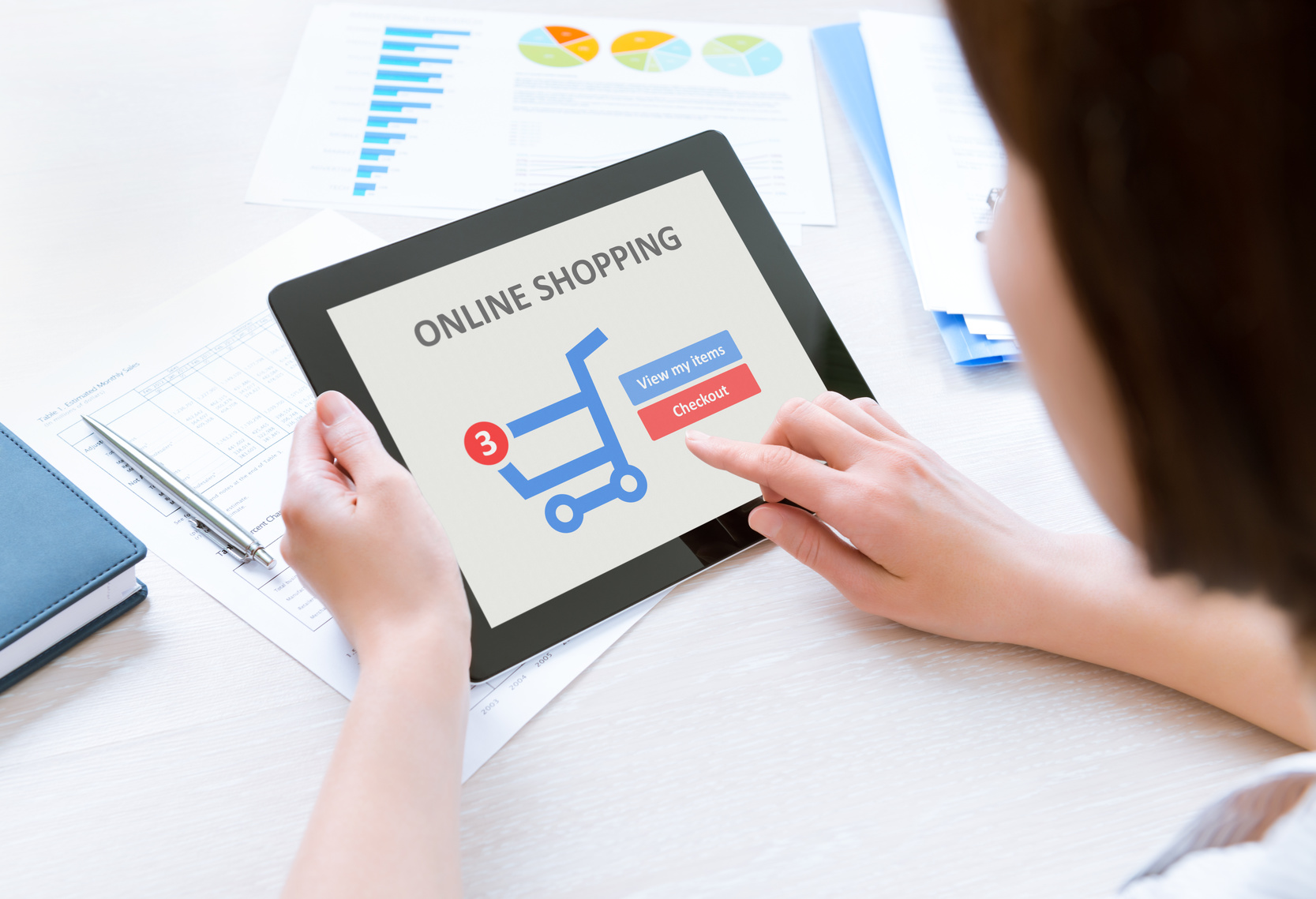
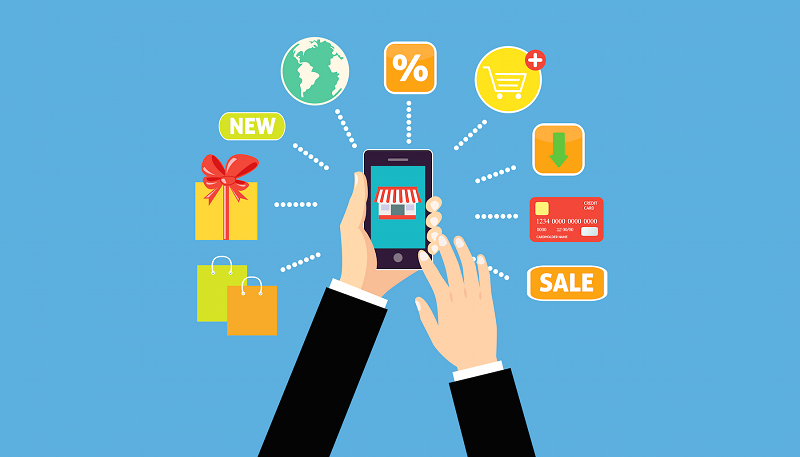
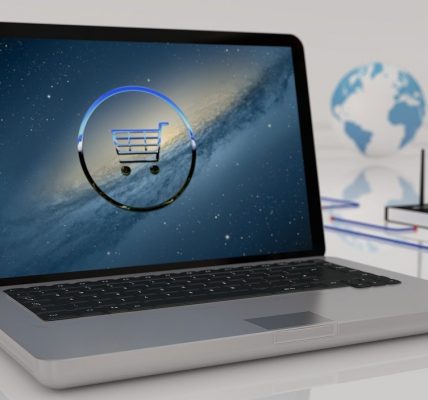
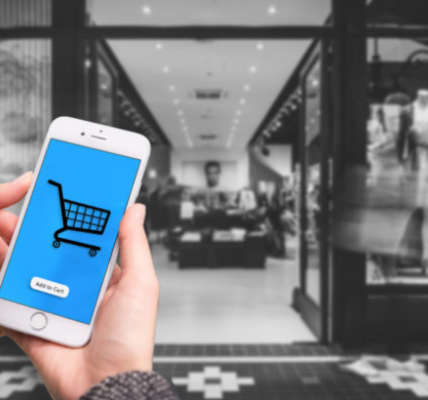





![Watch Video Now on xiaohongshu.com [以色列Elevatione perfectio X美容仪 perfectio X 全新仪器黑科技了解下]](https://www.techburgeon.com/wp-content/uploads/2019/07/perfectiox-singapore-150x150.jpg)
